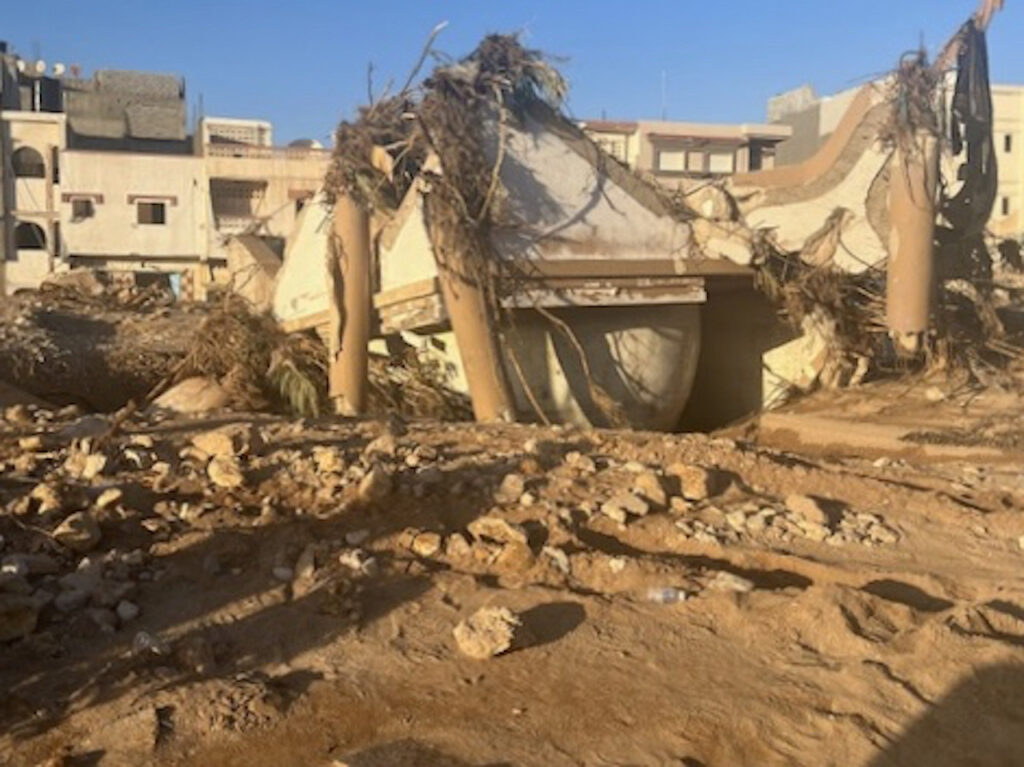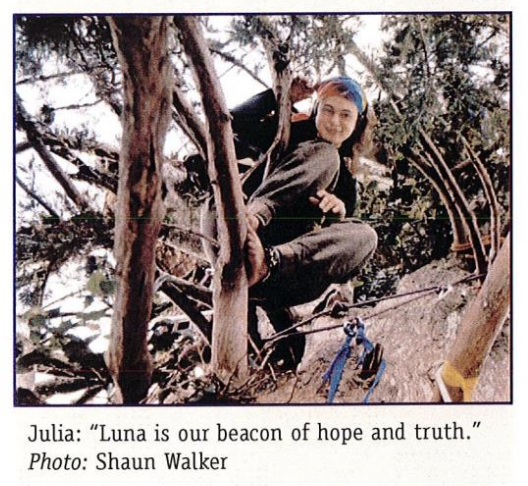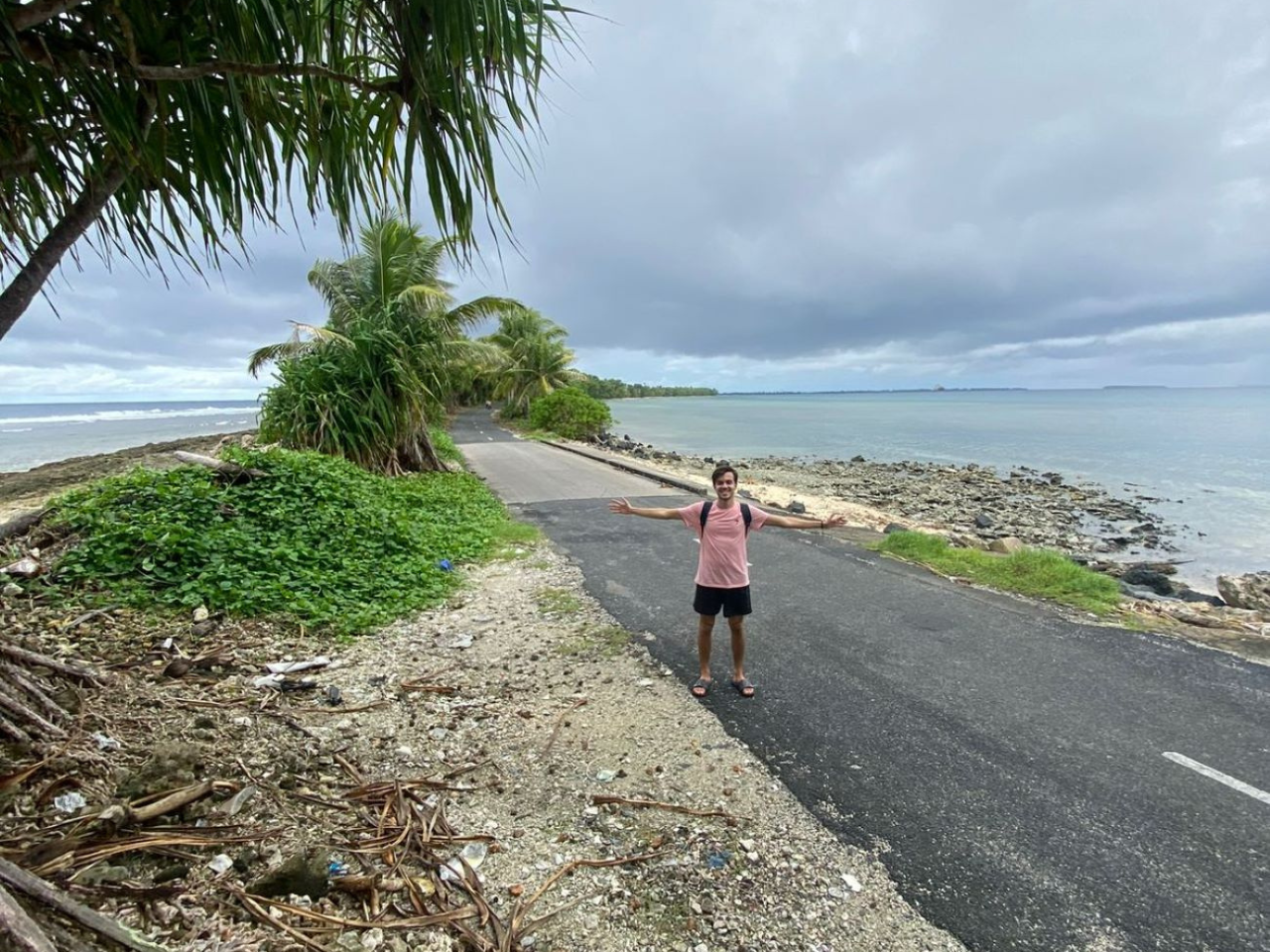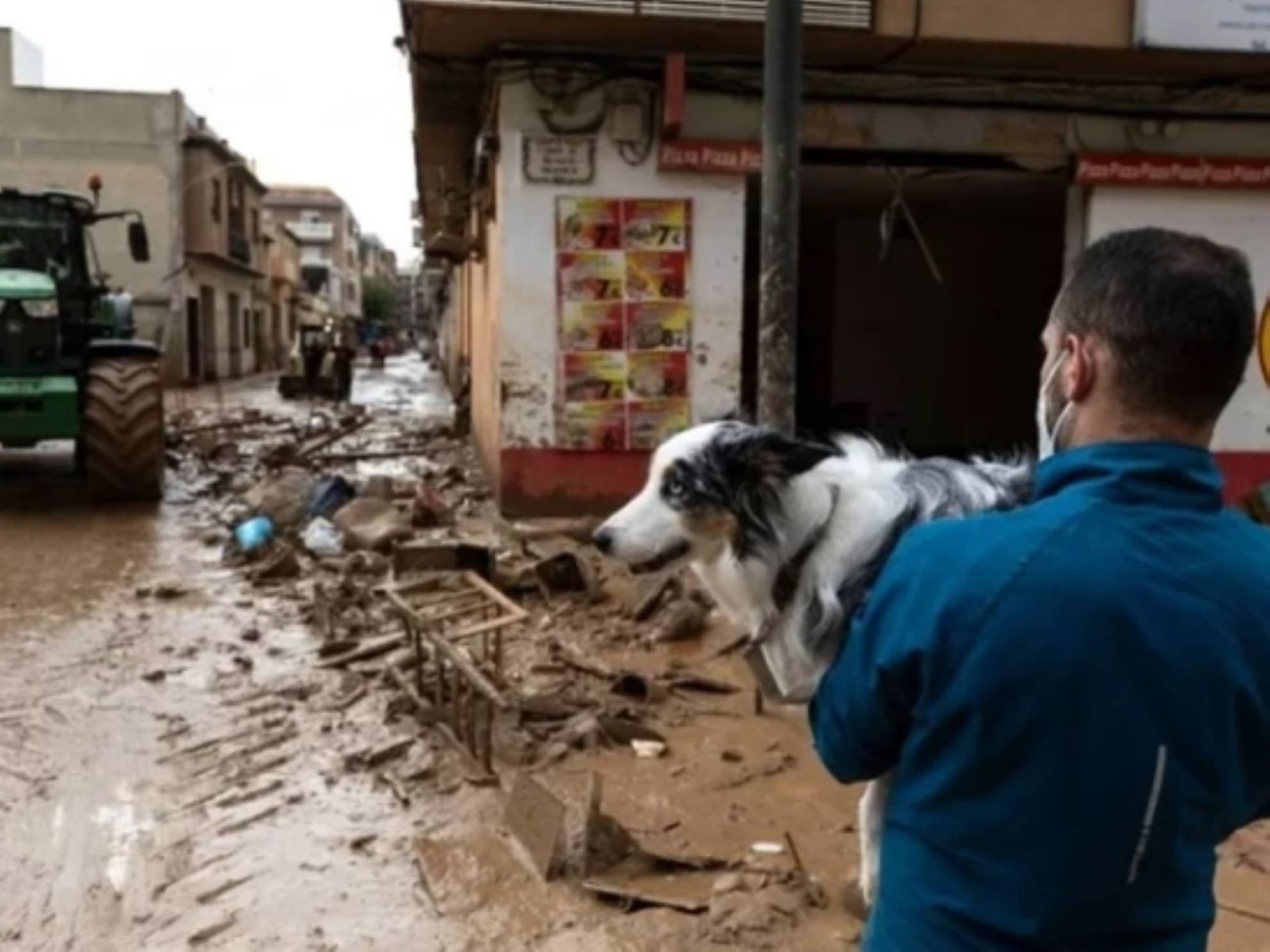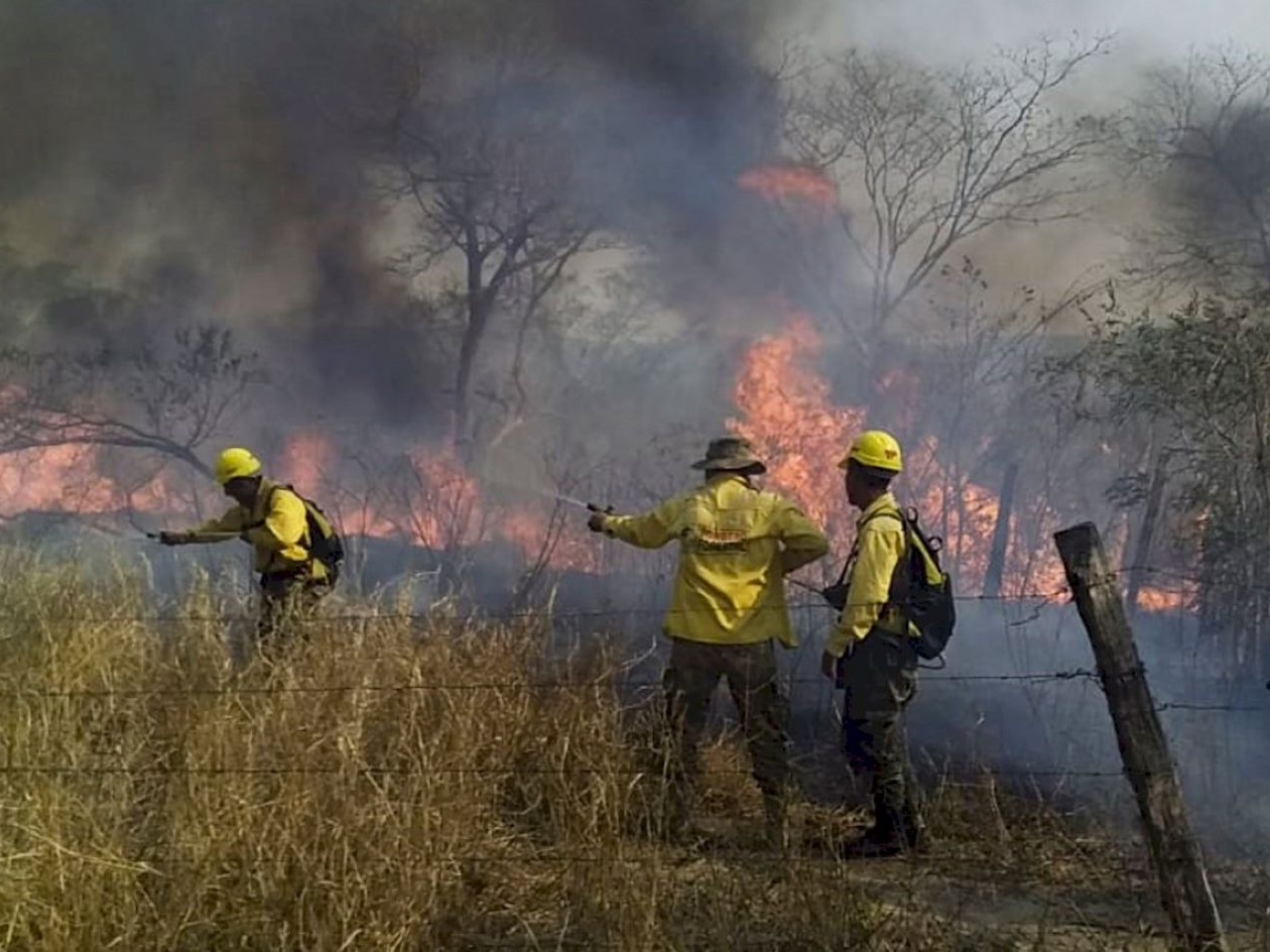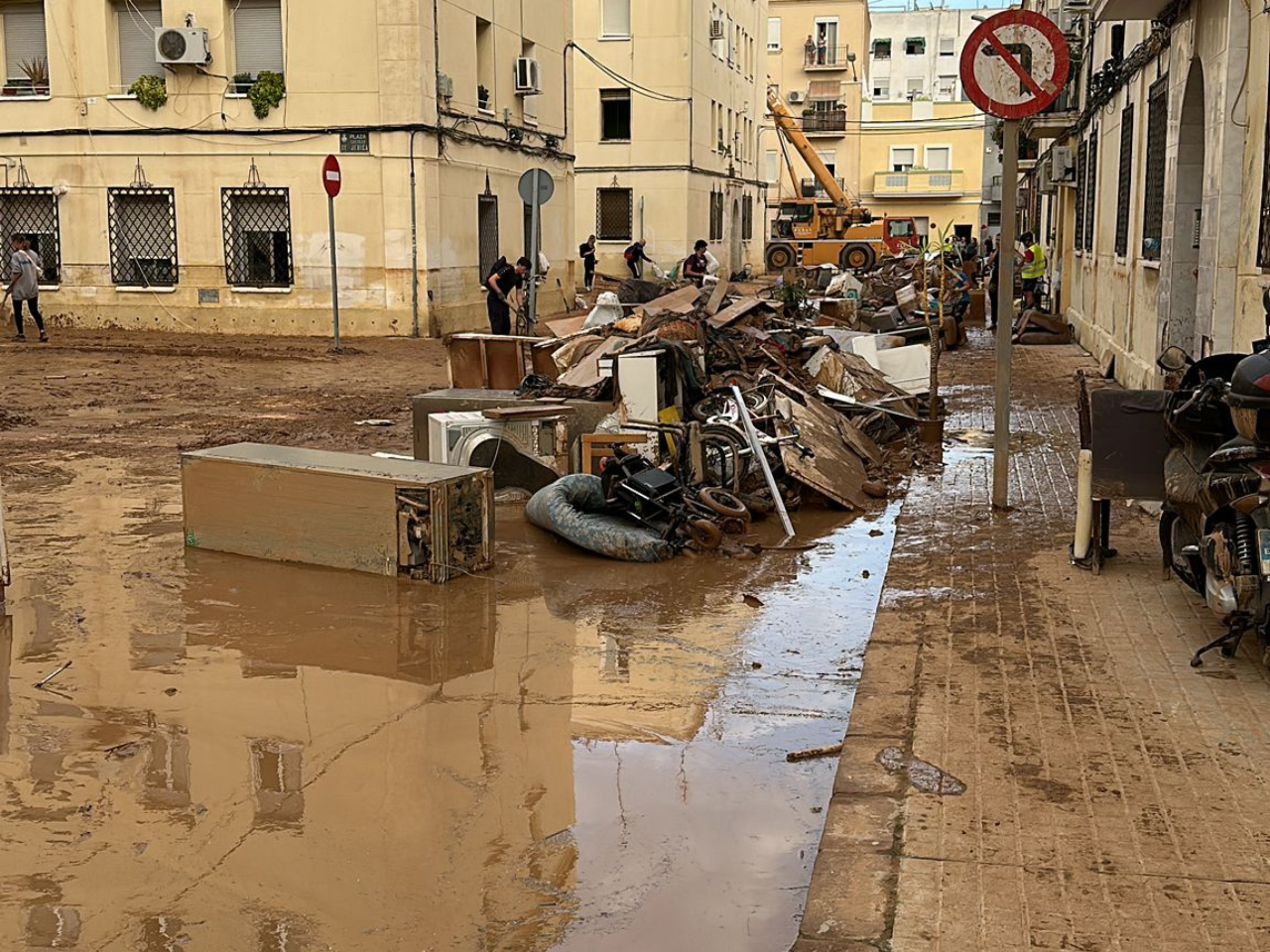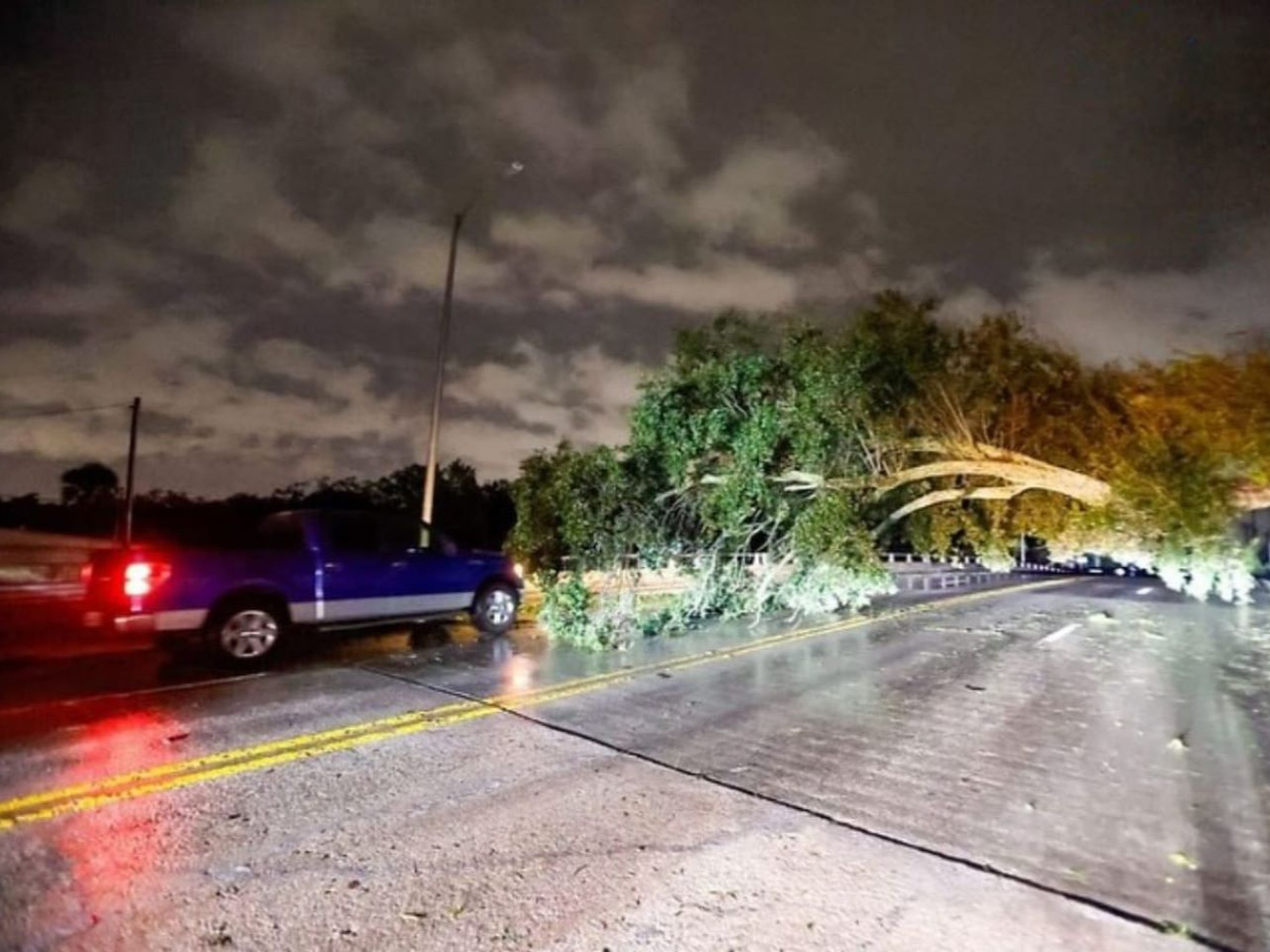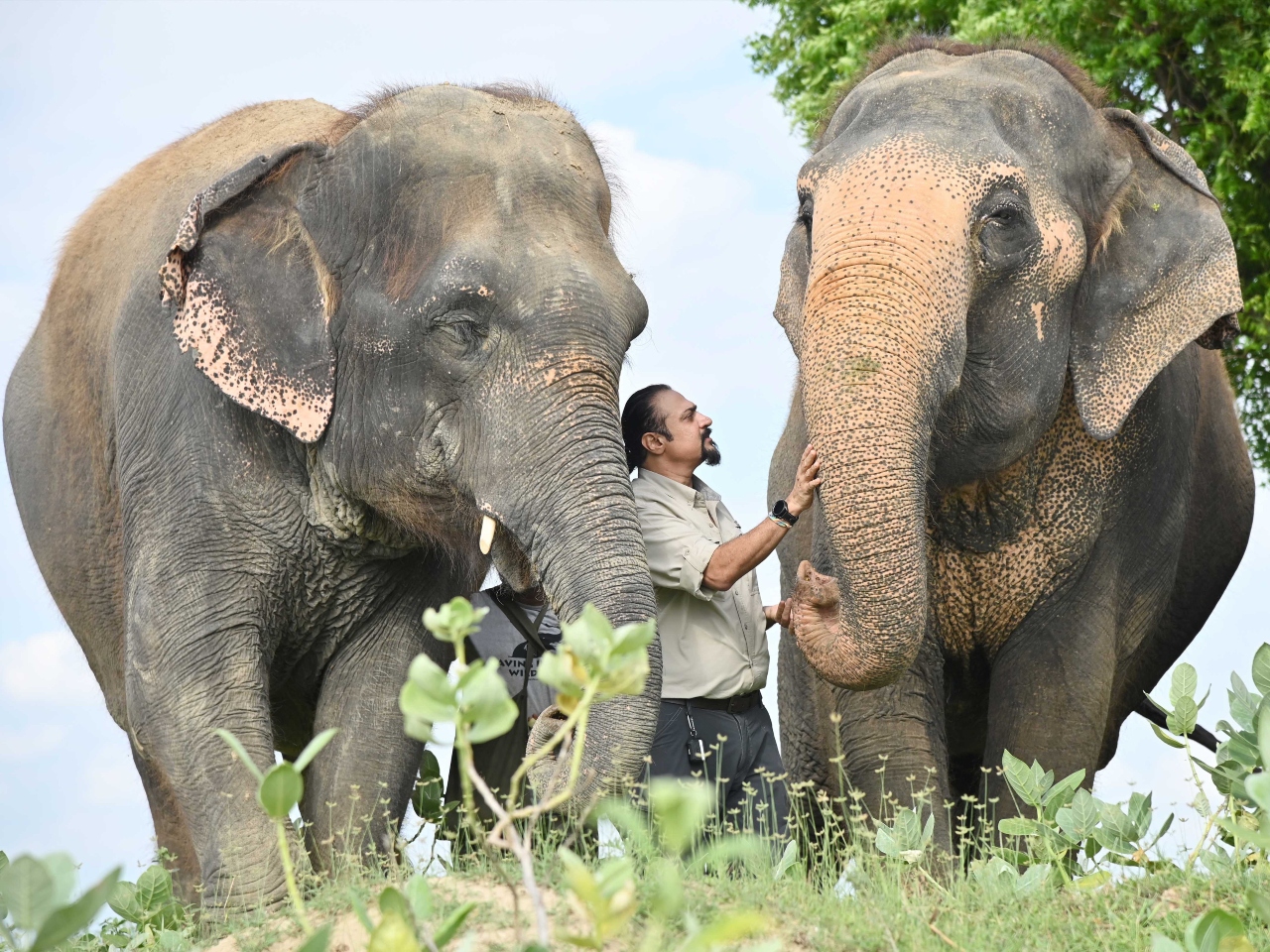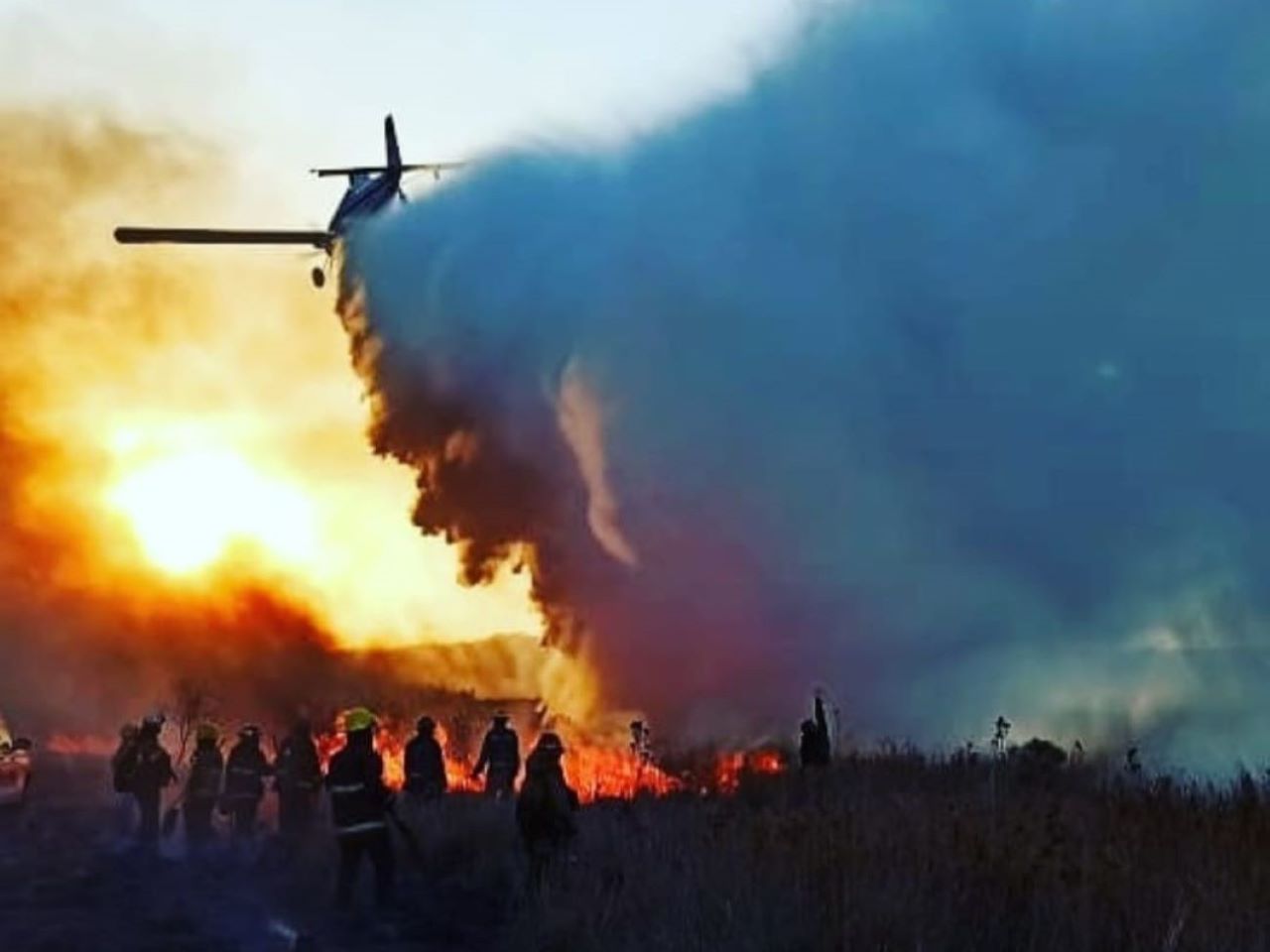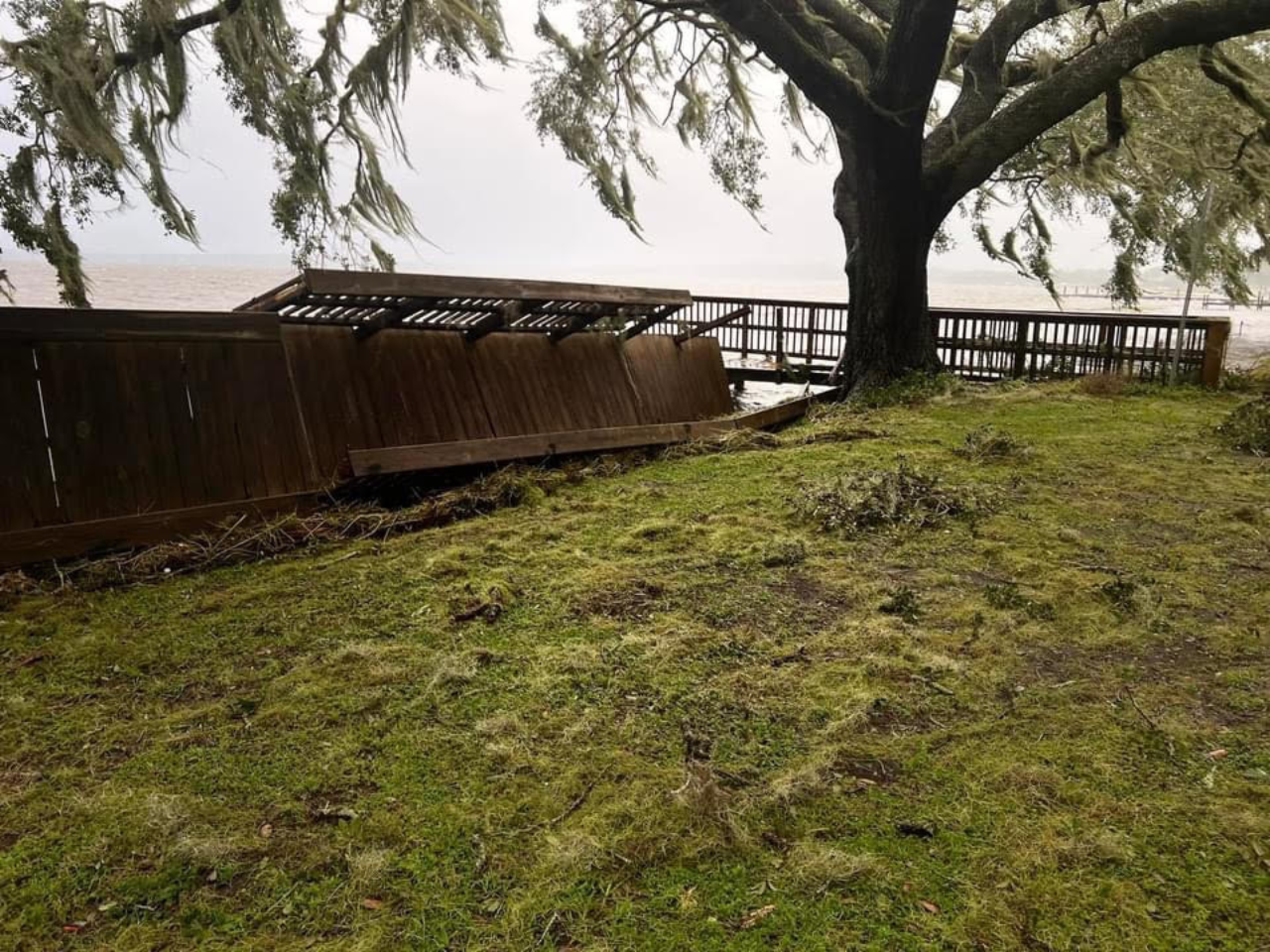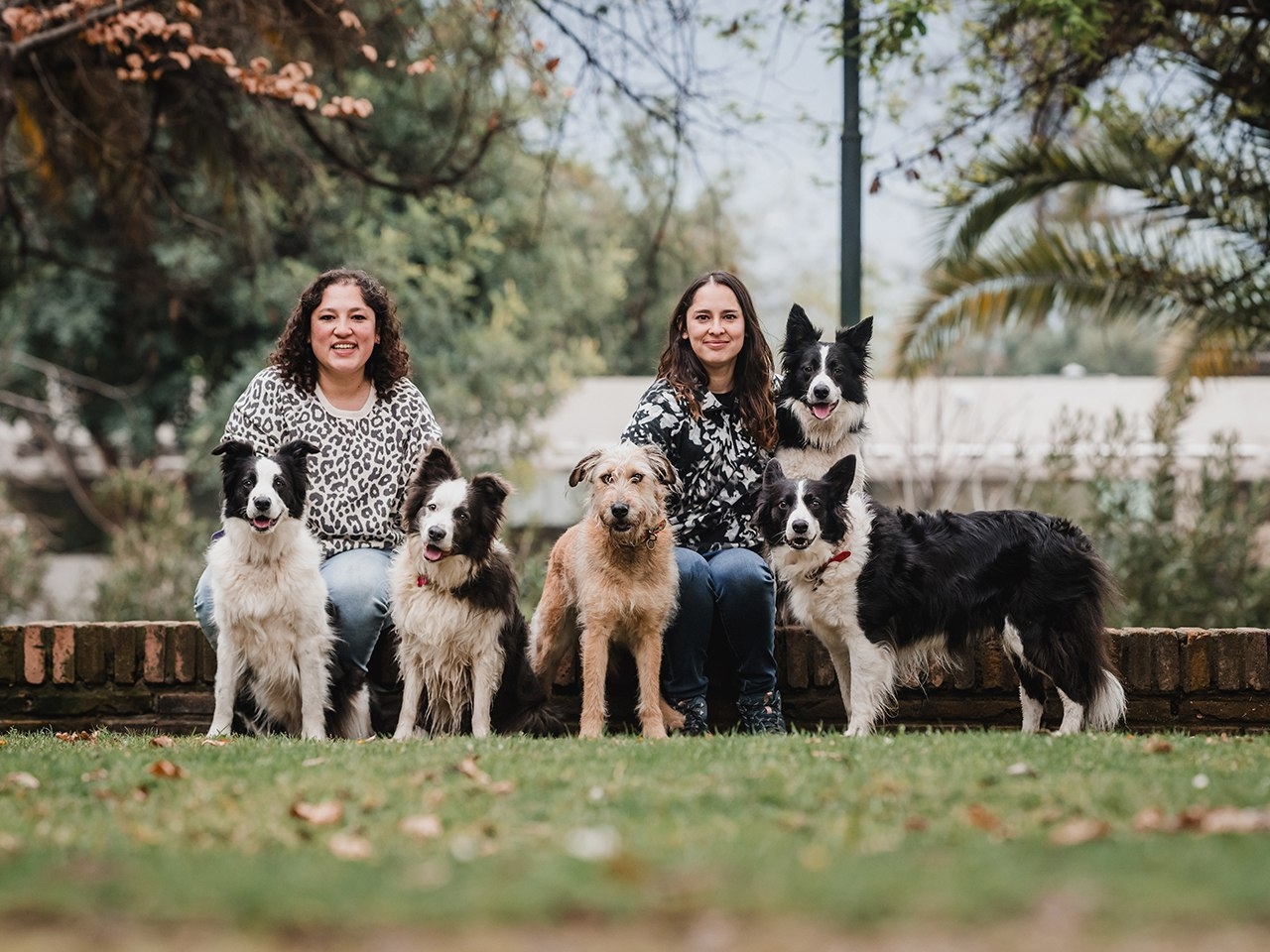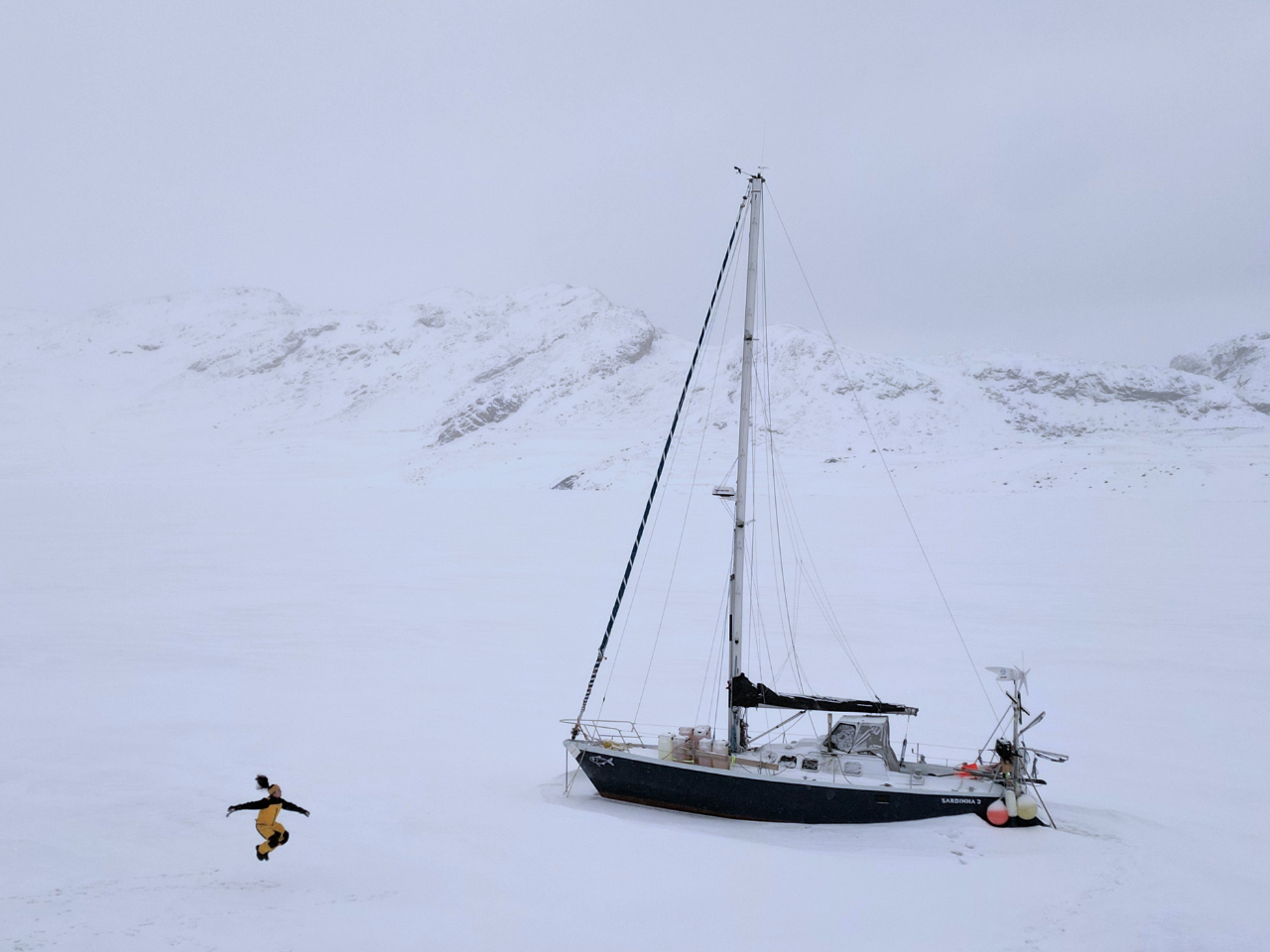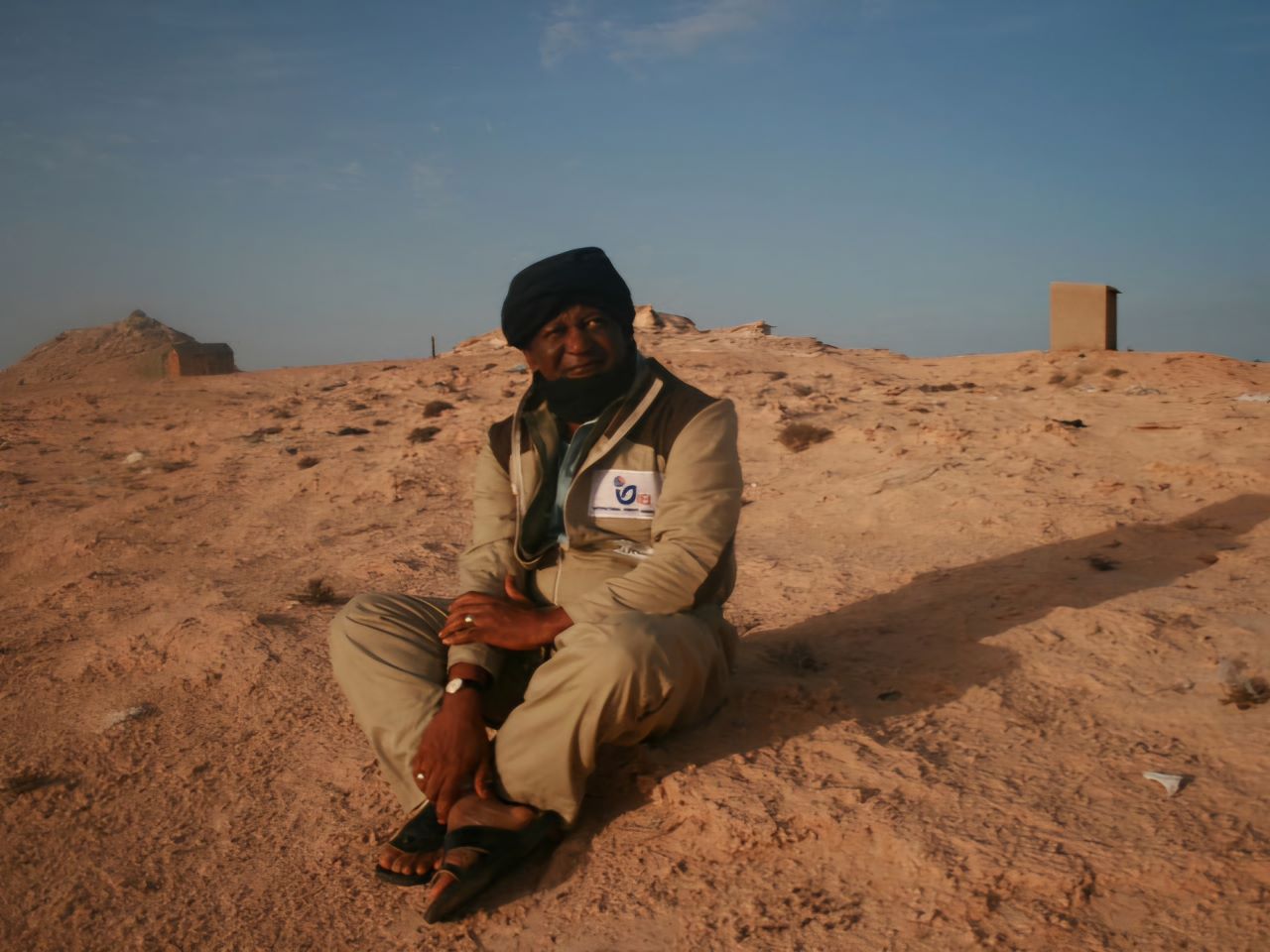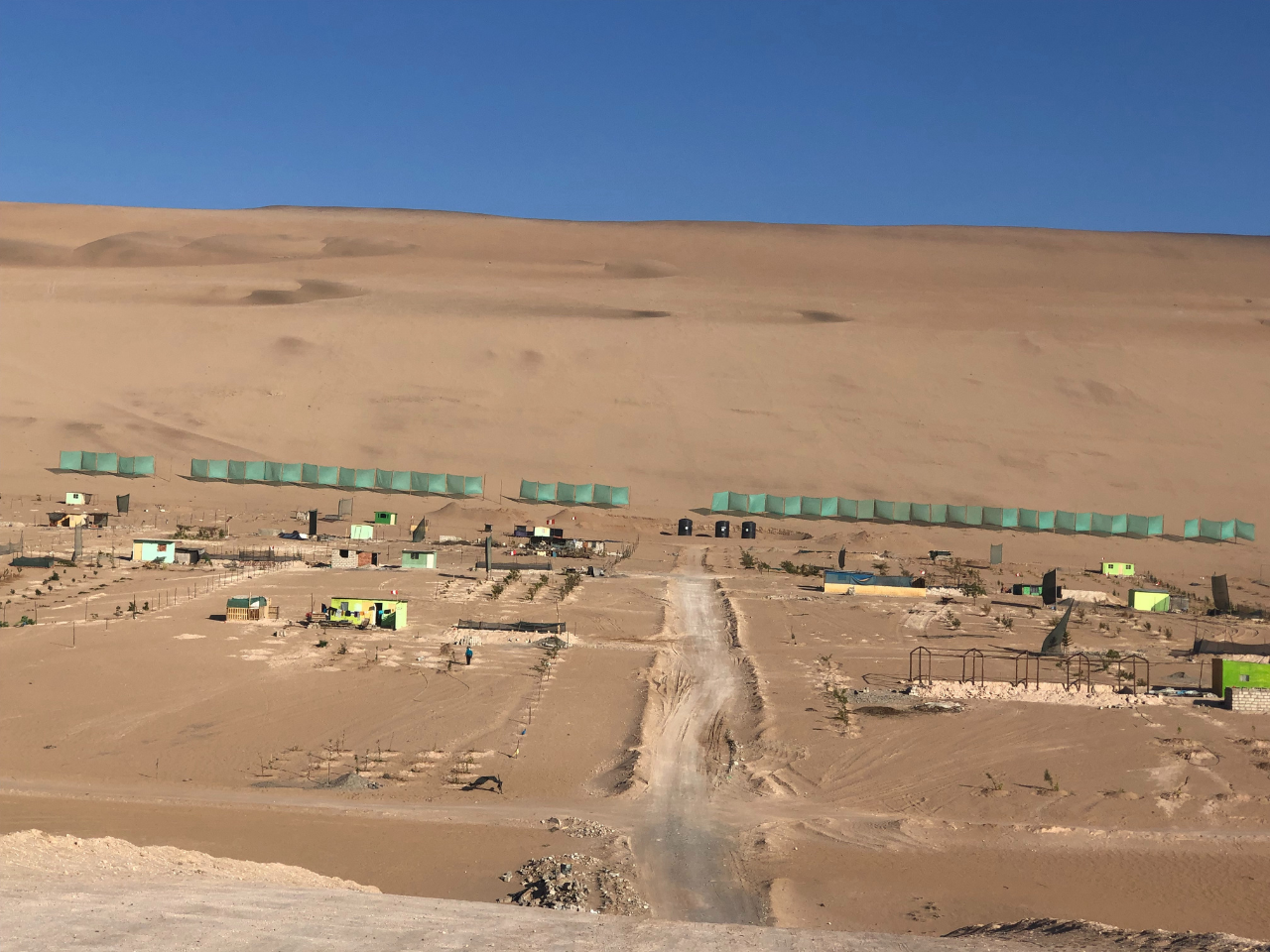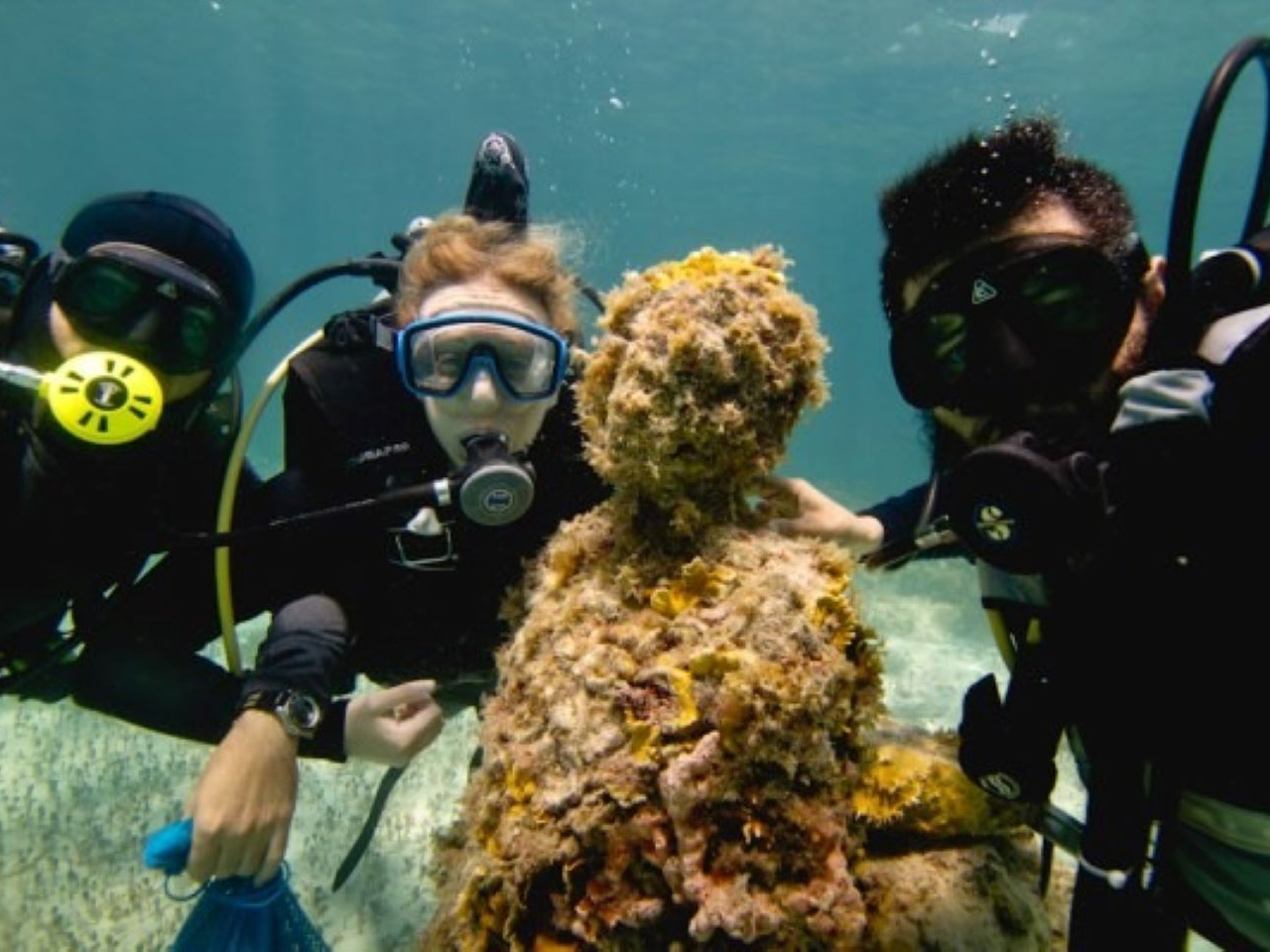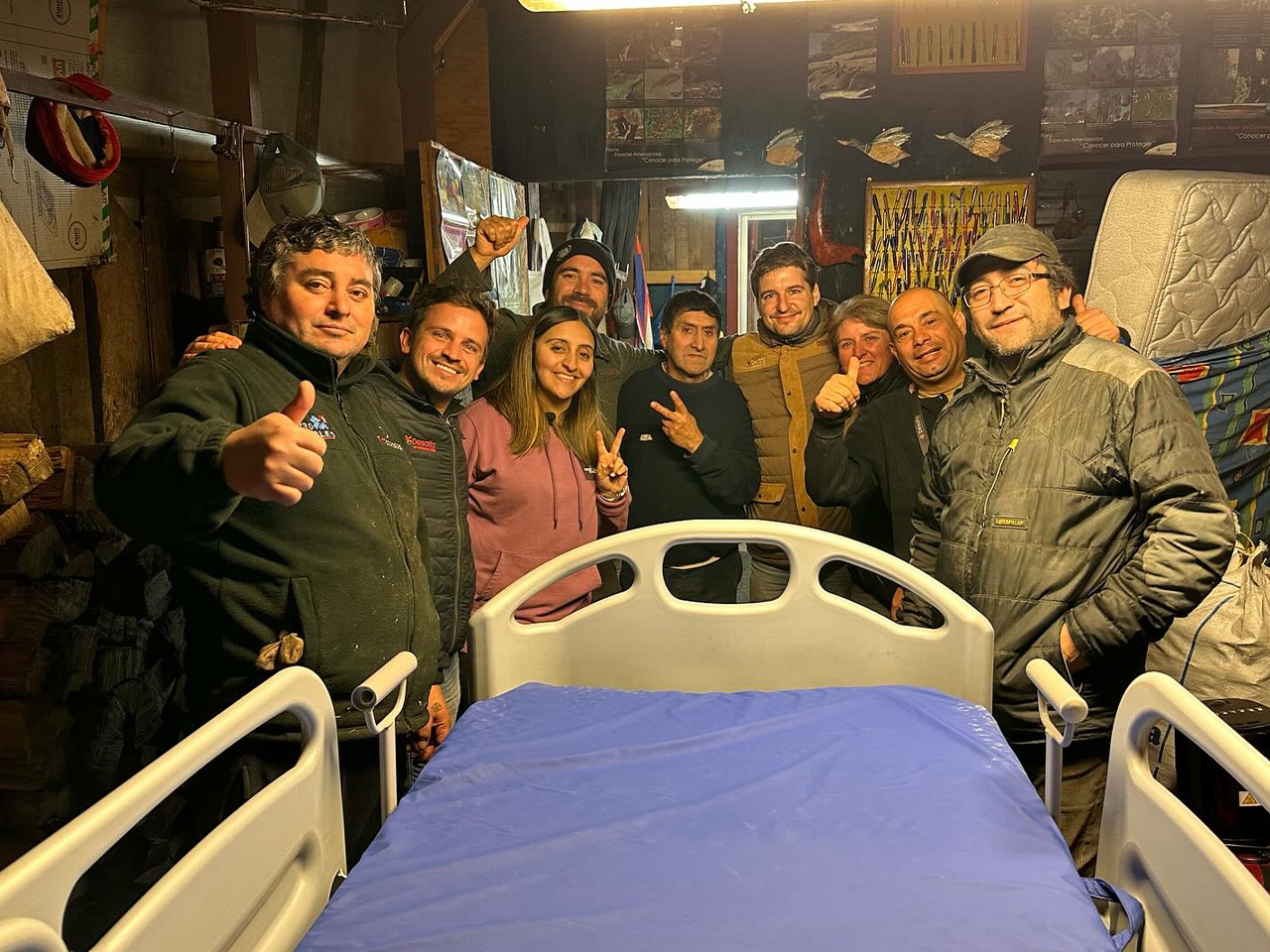“Dead bodies covered the street, floating in the water”: U.K. man visiting Libya lost 65 family members in the Derna flood
The next day, more horrible news arrived. Twenty-five more of my relatives died in West Derna, in addition to the 40 we lost here. Their building tumbled to the ground and washed into the sea, drowning everyone. The grief I felt completely overwhelmed me.
- 2 years ago
October 5, 2023
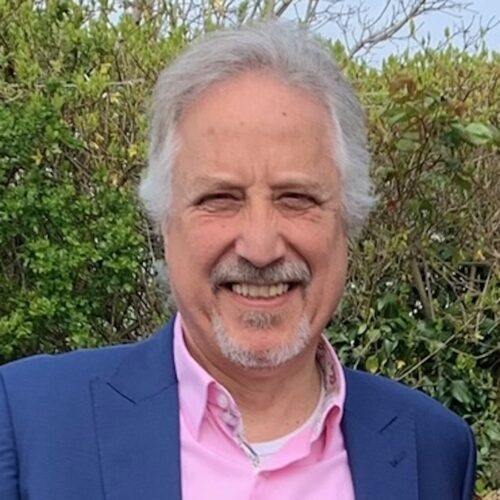
DERNA, Libya — The night Storm Daniel approached Libya, we expected heavy rain and light flooding in the streets from Derna’s river valley. Traveling from the U.K. to visit my family, I experienced a short flight delay. Social media posts warned of the impending storm but people I knew, who lived on the top floors of their buildings, said they felt safe.
Safely at my mother’s house, two kilometers from the center of the city, my mind worked in overtime, and I called my cousin around 11:00 p.m., suggesting he and the 40 members of his extended family who lived in the neighboring building, come over to my mother’s house. The rainwater began to enter the building, he said. They worked to clear out the water and I believed they would be fine. I went to bed anxious, eager for the storm to pass, as they remained in their apartments. We never expected a horrifying tragedy to unfold.
When we awoke the next day, it looked like the end of the world
The next morning at around 7:00 a.m. a persistent knock at the door awoke me. A relative stood there with his wife and child covered in mud. They rushed inside with a look of complete shock on their faces, their eyes wide with fear. “We started hearing noises at 2:00 a.m.,” he said. “The water flooded the entire house and the electricity cut out.” By 3:00 a.m. they heard screaming from all sides of the neighboring buildings.
He opened the windows as an escape route, but water from the street began pouring into the living room. Panicked, they rushed to the second floor and then the third, before finally going to the roof. Screams filled the air before falling, suddenly, into a deafening silence.
When the voices stopped, a chill went down his spine. He knew what it meant: the people who had been screaming drowned to death. They waited for an hour on the roof watching the water until it was nearly a meter high. They had to do something and decided to try and escape. Finding a ladder, they made their way down the building and into the streets. Everything around them looked post-apocalyptic.
“It felt like a terrible nightmare we desperately wanted to awake from,” he said. “Dead bodies covered the street, floating in the water. We tried to shield the children from the horrifying scene.” As they moved forward, they saw cars turned upside down, and houses and buildings completely collapsed. His own car went through someone’s roof. It truly looked like the end of the world.
Entire buildings were knocked off their foundations and dragged into the sea
My cousin then told me they walked along the muddy part of the road, unable to process what they went through. As he shared his story, I noticed his eyes stared, as if into the distance. Simply speaking took every ounce of effort he had. I held him close as he continued. A stranger loaned them his car so he could drop his family off somewhere safe. Later, they took the car back and walked to my mother’s house. I could barely believe the photos he showed me on his phone. The scene looked horrifying; everything was destroyed. I sat on a chair, feeling nauseous. Places I’d known since childhood were suddenly wiped out.
We still had no electricity or phone service, so my nephew went to look for our cousins. I could not bring myself to accompany him. The very idea of seeing what happened terrified me. It was too much to bear in that moment. My mind swirled with thoughts of all the people who drowned in the dead of night, unable to see their way to safety. My body shivered.
We later discovered that the two dams were completely gone. The water erupted like a tsunami over the city when the dams broke, engulfing everything in its path. Some of the waves reached 90 meters high. Whole buildings disappeared, knocked completely off their foundations. The entire time while my nephew was away searching, I prayed. When he walked through the disaster zone looking for our cousins, he couldn’t even find the buildings they lived in. The water simply swept it away, taking our 40 family members with it. My heart sank when he shared the news. It destroyed me.
When the electricity came back, we discovered the damage was worse than we thought
The army arrived at the scene by morning. Looks of shock covered their faces. We leapt into action, helping my cousin who runs a charity, preparing safe zones for survivors. They opened two big schools for people to get food, clothing, and emotional support. We still had no electricity, preventing me from calling my wife and family in the U.K. to tell them I was okay. I felt sick at the thought of them worrying whether I lived or died. Every minute felt like an eternity.
The next day, when we entered the school buildings, throngs of survivors filled the space. They looked shell-shocked as they shared their stories, each more chilling than the next. When the electricity finally turned on, we learned that thousand more people died in the tragedy in parts of the city. All over social media, people told their stories. Citizens from throughout Libya rushed to Derna to help. They brought massive amounts of food and clothing to distribute in the streets. We found some solace in the humanity and kindness they displayed.
The army began to clear the dead bodies off the streets and identify them, as the hospitals became overwhelmed. All the bridges that connected the city around the river vanished. We wondered what condition West Derna was in, and later learned the flood ravaged them even worse. What used to take 10 minutes to travel to, the route to the western part of the city now requires a two- to three-hour detour through the desert. This made it difficult for help to arrive.
Raising money to build a safe place for survivors
The next day, more horrible news arrived. Twenty-five more of my relatives died in West Derna, in addition to the 40 we lost in the East. Their building tumbled to the ground and washed into the sea, drowning everyone. The grief I felt completely overwhelmed me. Mourning one person in your life can be difficult. I had 65 people to grieve. It has been days since the dams broke and flooded Derna. The country continues to assess the damages. As a nation, we feel a collective and powerful sadness – like a shared broken heart. It felt like I traveled to Libya just to say goodbye one last time to my family before they all died.
When a call came in telling us we had a survivor from our family, we rushed to meet him. Out of 40 relatives, this little seven-year-old boy remained the sole survivor. When we met him at his aunt’s house, we embraced him tightly in our arms in the middle of the room, tears streaming down our faces. He recounted that he caught hold of a wire and gripped it tightly the entire time, never letting go. It saved him from drowning.
Though I felt so happy to see him, my heart broke for the fact that this day would haunt him for the rest of his entire life. Soon, news spread of many children, now orphaned. Eventually, I made my way home to the U.K. The moment I saw my family, I held them for a long time. It felt like I had returned from battle. Emotions ran high as I shared my story.
Determined to continue to help the people in Derna from our home in the U.K., we started a GoFundMe to create a center for survivors who needed a home, support, psychological help, and love. Those of us who endured the devastating destruction of Derna from the floods, and who lost innumerable family members, we may never fully recover, but we can focus on giving back.

